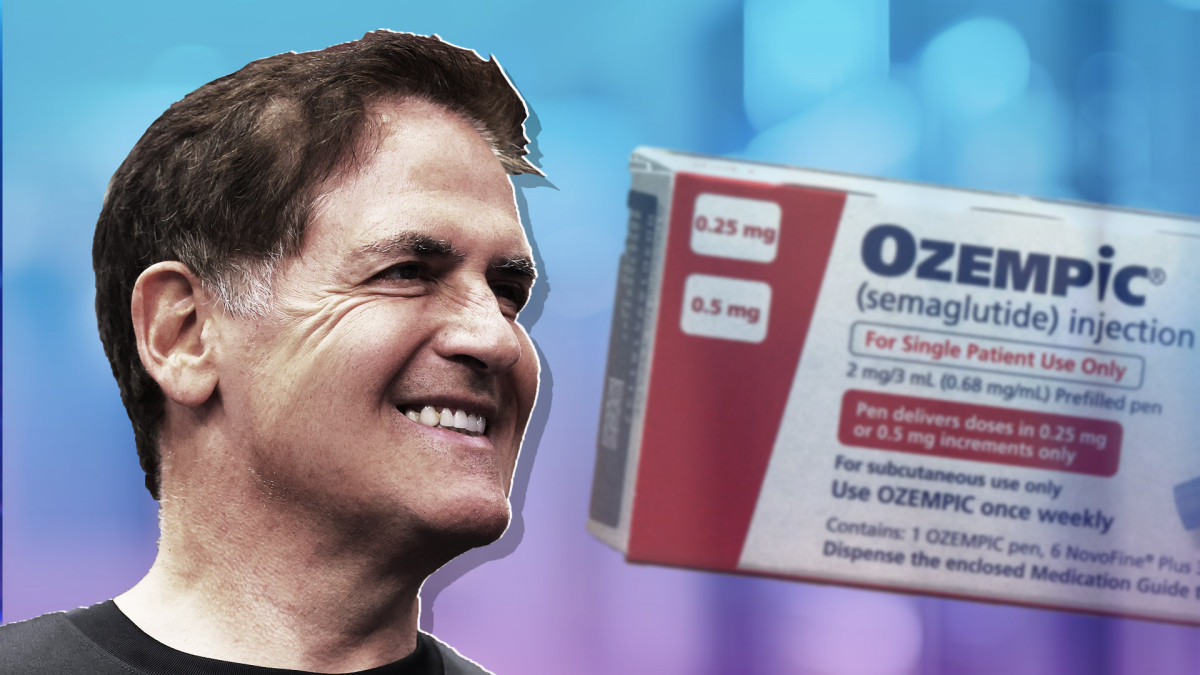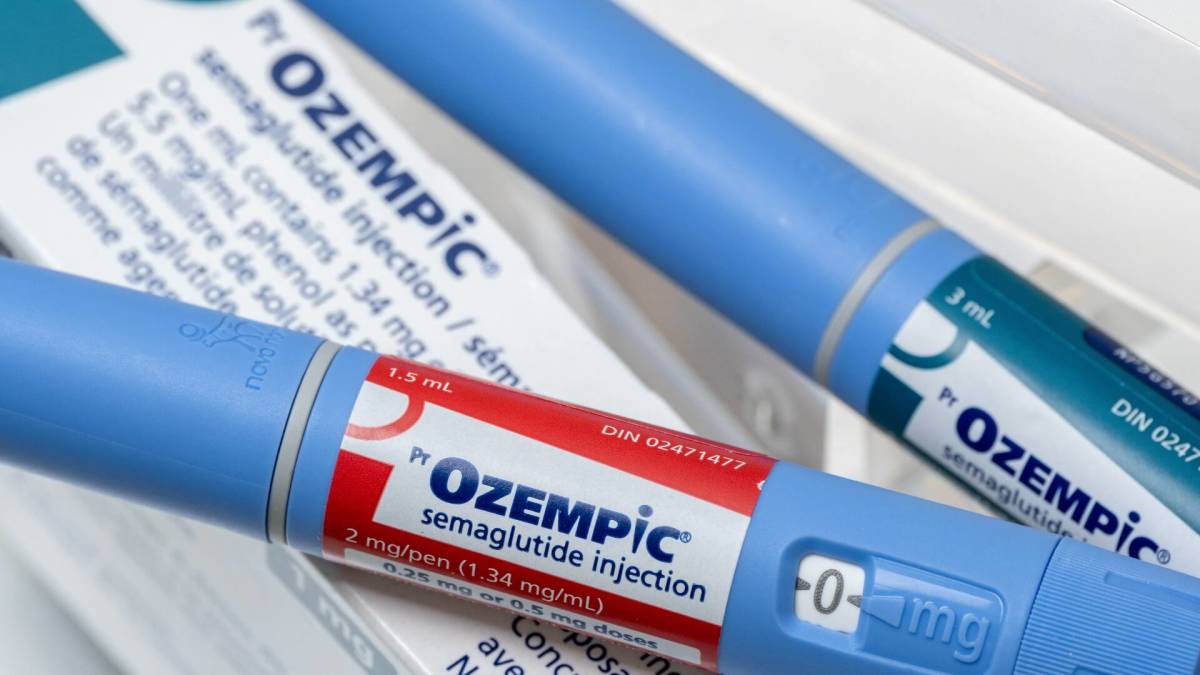
Ozempic, the medicine known generically as semaglutide, was approved by the U.S. Food and Drug Administration (FDA) in 2017 for type 2 diabetes patients.
But the drug, manufactured by Denmark-based company Novo Nordisk (NVO) , has a side effect that is changing the way many people feel about one very common and important health concern.
Related: As Ozempic surges in popularity, a controversy arises
According to the Centers for Disease Control and Prevention, prevalence of obesity in the U.S. population is more than 40%.
And the associated health conditions include heart disease, stroke, type 2 diabetes and certain types of cancer.
Novo Nordisk, which in addition to Ozempic produces the similar drug Wegovy, has a competitor in Eli Lilly (LLY) , the maker of diabetes drug Mounjaro.
As these drugs gain notoriety because of their weight-loss side effects, both drugmakers' sales have grown significantly.
But that fact has also led to shortages of the medication, as some doctors are now prescribing the drugs for people without diabetes for their weight-loss effects alone.
Ozempic, for example, can cost patients as little as $25 per month with insurance. But without insurance, the cost of the drug soars to about $900 per month, creating a treatment gap directly related to wealth.
Mark Cuban wants to sell Ozempic through Cost Plus Drugs
Headquartered in Dallas, billionaire and Shark Tank host Mark Cuban's Cost Plus Drugs is a company based on the distribution of medicine at lower prices because it, as it says, removes middlemen and uses an innovative pricing strategy.
Cost-plus pricing is a method by which the selling price of a product is determined by adding a fixed markup percentage to its cost.
Cost Plus Drugs does not deal with insurance companies, and its across-the-board 15% markup is lower than typical pharmacies charge. These factors allow the company to sell its drugs for lower prices.
Asked by TheStreet through email about his company's plans for weight-loss drugs such as Ozempic, Cuban explained his thoughts.
"Our mission is to sell any FDA approved drug. Right now the manufacturer won't sell through us," Cuban told TheStreet. "But if you can change their mind, we are here waiting for them!"
TheStreet then asked Cuban for his thoughts about why the manufacturer won't sell these drugs through his company.
"I can only guess," he wrote. "You should ask them."
So, naturally, TheStreet did exactly that.

Shutterstock
Novo Nordisk reacts to Mark Cuban
TheStreet explained Cuban's comments to a spokesperson for Novo Nordisk, who offered the following response:
"Novo Nordisk continuously explores innovative ways to make our products available and accessible to more patients," wrote Allison Schneider, Novo Nordisk's director of media relations and issues management. "New additions to our distribution channels are always fully and responsibly explored, including evaluation of critical factors such as compliant cold-chain medicine delivery requirements (i.e., for medicines that require refrigeration) and more."
"It's important to note that Novo Nordisk is committed to the responsible use of our medicines," she added. "We are taking multiple steps to ensure responsible use of our semaglutide medicines which are detailed on semaglutide.com."
Over at the FDA's website, an explanation is given on how semaglutide works.
Semaglutide belongs to a class of medications known as glucagon-like peptide-1 (GLP-1) receptor agonists. It mimics the GLP-1 hormone that is released in the gastrointestinal tract in response to eating. One role of GLP-1 is to prompt the body to produce more insulin, which reduces blood glucose (sugar). GLP-1 in higher amounts also interacts with the parts of the brain that reduce appetite and signal a feeling of fullness.
Related: Veteran fund manager picks favorite stocks for 2024
The author of this story owns shares of Novo Nordisk.







